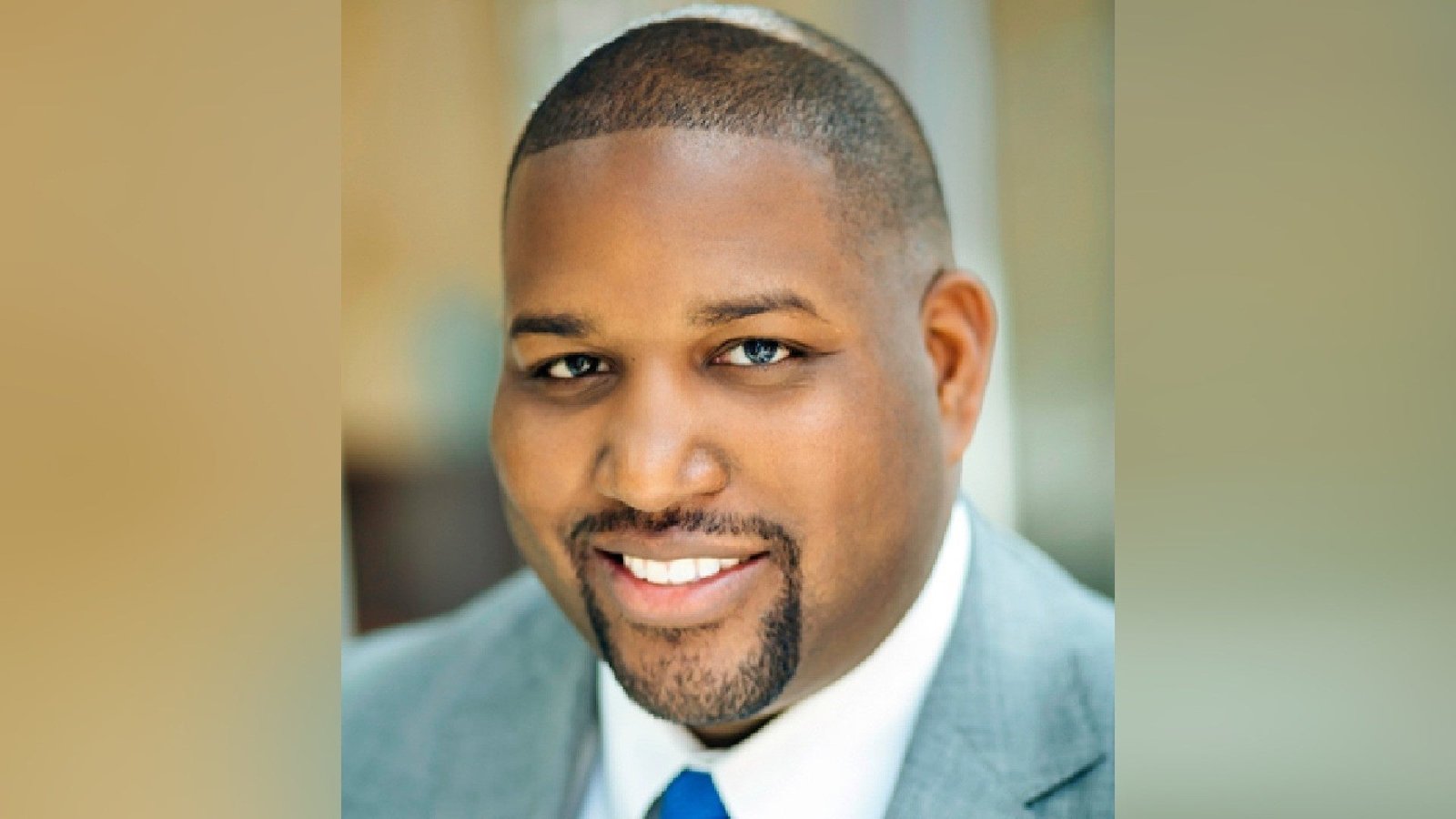Orlando, FL – As global trade tensions ebb and flow, tariffs have become a buzzword in economic discussions. But what do these international policies mean for everyday Orlando residents and local businesses? To shed light on this increasingly important topic, Daily Orlando News sat down with Rodney Griffin, a respected financial advisor with Northwestern Mutual. Interviewed by our own Corie Murray, Griffin shared actionable insights for navigating tariffs, whether you’re managing a household budget or steering a small business in Central Florida.
Understanding Tariffs and Their Local Impact
Before diving into strategies, Griffin emphasized the importance of understanding what tariffs are and how they filter down to impact both families and businesses in Orlando. “Tariffs are essentially taxes on imported goods,” Griffin explained. “While they’re often portrayed as geopolitical tools, the reality is that their effects are felt much closer to home—right here in Orlando’s grocery stores, retail shops, and even our local manufacturing sector.”
For Orlando’s diverse population, many of whom work in tourism, retail, and service sectors, even small price increases can strain budgets. “If you notice your grocery or back-to-school shopping costing a bit more, tariffs may be part of the reason,” Griffin noted. “Similarly, local businesses, especially those relying on imported materials or products, can find their margins squeezed.”
How Tariffs Affect Orlando Households
Griffin broke down the most common ways tariffs affect Orlando families:
- Higher Consumer Prices: Many imported goods—electronics, clothing, even some food items—can become more expensive as a result of tariffs. “Orlando families may see their dollar not stretching as far at big box stores or supermarkets,” Griffin said.
- Indirect Cost Increases: Tariffs don’t just hit imported goods; they can also affect locally produced items that use imported materials. “If a local bakery sources packaging from abroad, for example, their prices might increase, too,” Griffin explained.
- Budgeting for Volatility: Griffin recommends Orlando families add a little more cushion to their monthly budgets. “Having an emergency fund is always wise, but during periods of tariff uncertainty, it’s even more crucial,” he advised.
Strategies for Orlando Businesses to Stay Resilient
Tariffs can hit small and medium-sized businesses particularly hard. Griffin offered several strategies for Orlando business owners:
- Evaluate Your Supply Chain: “Know where your goods and materials are coming from,” Griffin suggested. “If you rely heavily on imports, consider diversifying your supply chain or seeking local alternatives.”
- Adjust Pricing Carefully: While it may be tempting to pass all increased costs onto customers, Griffin cautions against it. “Orlando is a competitive market. Consider gradual price adjustments paired with value-added services or loyalty programs.”
- Communicate Transparently: “Keep your customers in the loop about changes,” Griffin said. “Orlando residents value honesty, and explaining why prices have changed can foster trust and loyalty.”
- Monitor Policy Changes: Tariff policies can change quickly. Griffin encourages business owners to stay informed and work with a financial advisor to anticipate and plan for these shifts.
What Orlando Investors Should Know
Beyond day-to-day living and business operations, tariffs can also affect investment portfolios. Griffin provided some timely advice for Orlando investors:
- Stay Diversified: “Don’t put all your eggs in one basket,” Griffin said. “A diversified portfolio can help cushion the impact of market volatility related to tariffs.”
- Watch Affected Sectors: Industries like technology, automotive, and agriculture often feel tariff effects first. “Keep an eye on these if you’re invested in them,” Griffin advised.
- Consult Professionals: Particularly in today’s unpredictable market, working with a financial advisor is wise. “Having someone who understands both local and global factors is key for Orlando investors,” Griffin noted.
Resources and Support for Orlando Residents
Griffin pointed to several resources available for those in Orlando feeling the pinch of tariffs:
- Local Chambers of Commerce: These organizations often offer seminars and networking opportunities to help businesses adapt to changing economic conditions.
- Financial Counseling: Many local nonprofits and financial institutions, including Northwestern Mutual, offer counseling and financial planning services tailored to Orlando residents.
- City Programs: Orlando’s city government periodically releases information and support for businesses affected by global economic shifts. Griffin recommends keeping an eye on orlando.gov for updates.
Conclusion: Share Your Tariff Experiences with Us
Tariffs may seem like far-off policies set in distant capitals, but their impact is felt right here in Orlando, from the aisles of our supermarkets to the offices of local entrepreneurs. Rodney Griffin’s practical advice reminds us that, with awareness and the right strategies, Orlando families and businesses can weather these economic changes.
Have you noticed tariff-related price
















